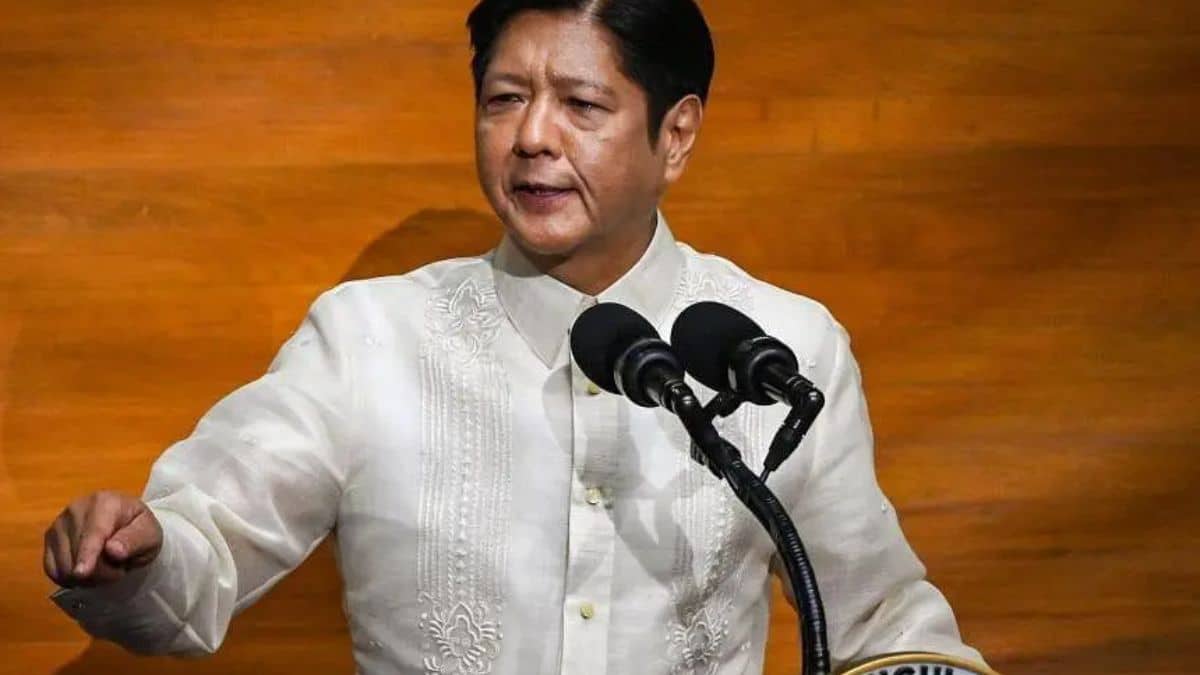Philippine President Ferdinand Marcos Jr. stated on Monday that his country could not yield or waver in its position regarding the South China Sea. During his State of the Nation Address, Marcos emphasized that despite the firm stance, the Philippines would look for ways to reduce tensions in the contested waters.
Marcos indicated that proper diplomatic channels and mechanisms under the rules-based international order were the only acceptable means of settling disputes, reinforcing his commitment to peaceful resolutions. His remarks come at a critical juncture, as the South China Sea remains a hotspot of geopolitical tension involving multiple nations, including China, Vietnam, Malaysia, and Brunei, all of whom have overlapping claims.
In a recent statement, President Marcos Jr. highlighted the importance of upholding international law, particularly the United Nations Convention on the Law of the Sea (UNCLOS), which supports the Philippines’ claims in the South China Sea. He stressed that the 2016 Permanent Court of Arbitration ruling, which invalidated China’s expansive claims in the region, remains a cornerstone of the Philippines’ position.
President Marcos Jr.’s firm stance has garnered both domestic and international attention. Within the Philippines, there is widespread support for a strong defense of the country’s territorial claims, reflecting national pride and the desire to protect maritime resources. Internationally, Marcos Jr.’s position aligns with broader concerns about China’s growing influence and assertiveness in the region.
The South China Sea has long been a flashpoint in Southeast Asia, with multiple countries, including China, Vietnam, Malaysia, Brunei, and the Philippines, laying claim to parts of the strategically vital waterway. The region is not only rich in natural resources but also a critical shipping route, making it a significant geopolitical hotspot.
The Philippines’ military has also been on high alert, with increased patrols and monitoring activities in the South China Sea. The government has been working to modernize its defense capabilities, enhancing maritime domain awareness and strengthening its position in the contested waters. These efforts are aimed at ensuring the country’s readiness to respond to any potential threats while maintaining a posture of deterrence.

